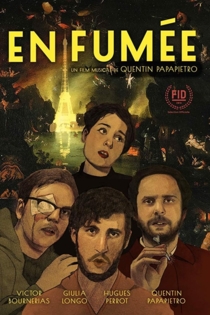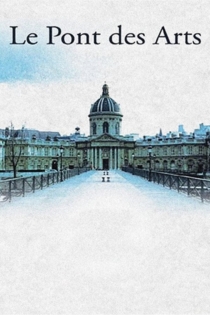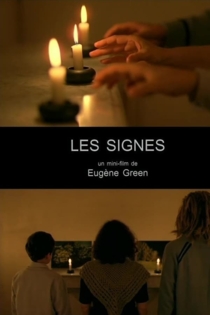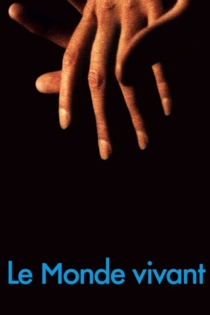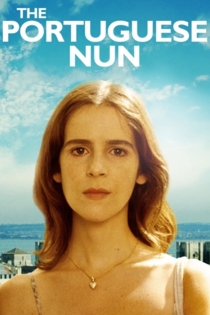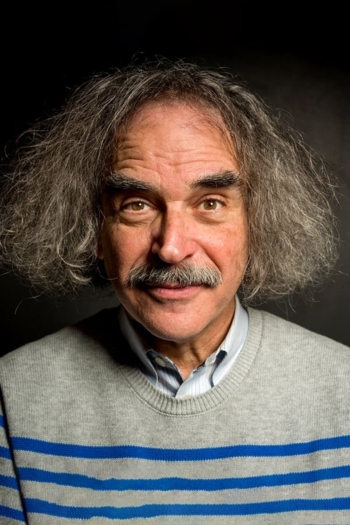
Eugène Green
1947 (78 лет)Toutes les nuits
Eugène Green
Alexis Loret, Adrien Michaux
La Première éducation sentimentale (the first version of L'Éducation sentimentale), re-adapting the themes of first love, the intoxication of desire, and failed ideological revolution (that culminated in the Revolution of 1848) to the May 68 generation through a chronicle of the parallel lives of a pair of childhood friends, the pragmatic Henri and idealistic Jules as they leave their bucolic, rural hometown to separately pursue their baccalaureate - and real world - educations.
Toutes les nuits
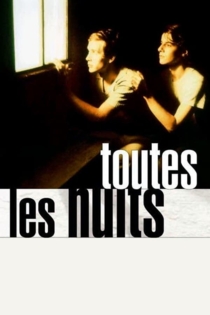
Memories
Harun Farocki, Pedro Costa
Alfredo Mendes, José Alberto Silva
Previously focused on Asian directors, “Jeonju Digital Project 2007” takes a look at Europe. The Portuguese filmmaker Pedro Costa, the German filmmaker Harun Farocki, and the French filmmaker Eugène Green participated in this project.
Memories
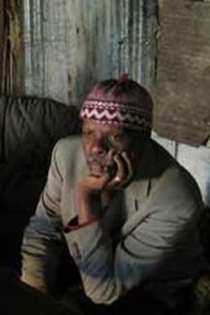
Como Fernando Pessoa Salvou Portugal
Eugène Green
Carloto Cotta, Manuel Mozos
Lisbon, Portugal, 1927. The writer and journalist Fernando Pessoa accepts from his boss the commission to create an advertising slogan for the drink Coca-Louca; but conservative government authorities consider the new drink as revolutionary as it is diabolical.
How Fernando Pessoa Saved Portugal
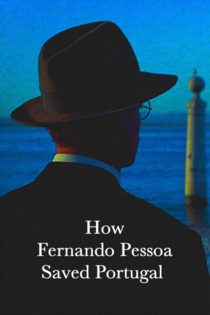
Faire la parole
Eugène Green
Eugène Green
Opening with the testimony of a politically exiled Basque author reminiscing on a childhood where he was forced to “hide his language as something ugly”, Faire la parole then keeps apace with some young people from the French and Spanish Basque Country: Nora, who saw the newspaper where she worked closed by the Guardia Civil in 2003, then Aitor, Ana and Ortzi. The last three, still teenagers, lend a summery and easy-going tone to the film, which is magnificently framed by Eugène Green’s long-time cameraman, Raphael O’Byrne. The dialogue that settles in between the younger members and those in their thirties has a rare quality, as if the difference of language – which each has had to impose on their family or on their national entourage – had almost tacitly created a secret community. Starting with the political stakes (regional languages versus centralism), the story hikes over the mountains with these new friends brought together by the filmmaker.
Faire la parole
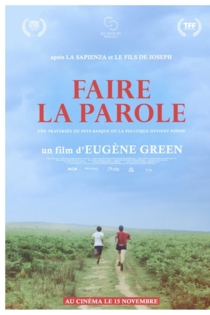
Le Fils de Joseph
Eugène Green
Victor Ezenfis, Natacha Régnier
A young man who lives with his mother and has never known his father, heads off to look for him. He finds a cynical and Machiavellian man who works as a publisher in Paris. After he attempts to kill him, he finds filial love thanks to his uncle.
The Son of Joseph
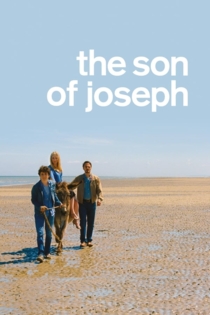
Correspondances
Eugène Green
François Rivière, Delphine Hecquet
Virgile and Blanche, both aged 17, correspond by e-mail. Virgile loves Blanche, but Blanche loves a boy named Eustache. Nobody knows the other's thoughts. Virgile talks about life and death and Blanche listens acceptingly. Eustache enters the room in a blue cap. He sees Virgile first, then Blanche. Then Blanche remembers having danced with Virgile and leves the room to join him.
Correspondances

La Sapienza
Eugène Green
Fabrizio Rongione, Christelle Prot
The story is one of an architect that has lost his inspiration and goes looking for those motivations that pushed him as a youngster to take up the profession. Inspiring him was the baroque movement and all of its artifices: the Guarini in Turin and the Borromini in Rome. The film’s central story ends up being the love story that develops between architecture, artistic inspiration and feelings.
La Sapienza
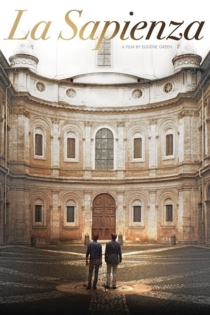
Waiting for the Barbarians
Eugène Green
Valentine Carette, Hélène Gratet
Six strangers confront their uniquely 21st century anxieties with the help of a sorcerer in this playful performance art consciousness-bender-cum-ghost story about the search for meaning in the age of social media.
Waiting for the Barbarians
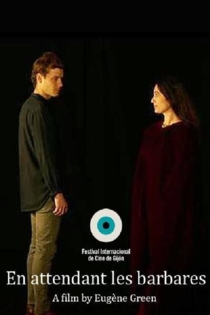
Guilty Party
Eugène Green
Christelle Prot, Alexis Loret
Beth Burgess, a discredited journalist, is desperate to salvage her career by latching on to the story of a young mother sentenced to life in prison for maiming and murdering her husband, crimes she claims she didn't commit. In trying to uncover the truth, Beth finds herself in over her head as she contends with Colorado gun-smugglers, clickbait culture, the doldrums of marriage and her own tarnished past.
Guilty Party

Atarrabi & Mikelats
Eugène Green
Saia Hiriart, Lukas Hiriart
A fable about the Goddess Mari and her two sons, born of a mortal father, whom she entrusts to the devil for their education. Mikelats decides to stay with his master but Atarrabi flees—but the devil manages to hold onto his shadow.
Atarrabi & Mikelats
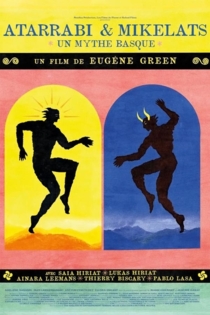
En fumée
Quentin Papapietro
Victor Bournerias, Hugues Perrot
Paris, Boris and Alexis are trying to give a meaning to their idleness. In the countryside, Pierre is achieving his opera, which is a new take on the myth of Orpheus, while trying to forget Adelia, who just dumped him.
En fumée
